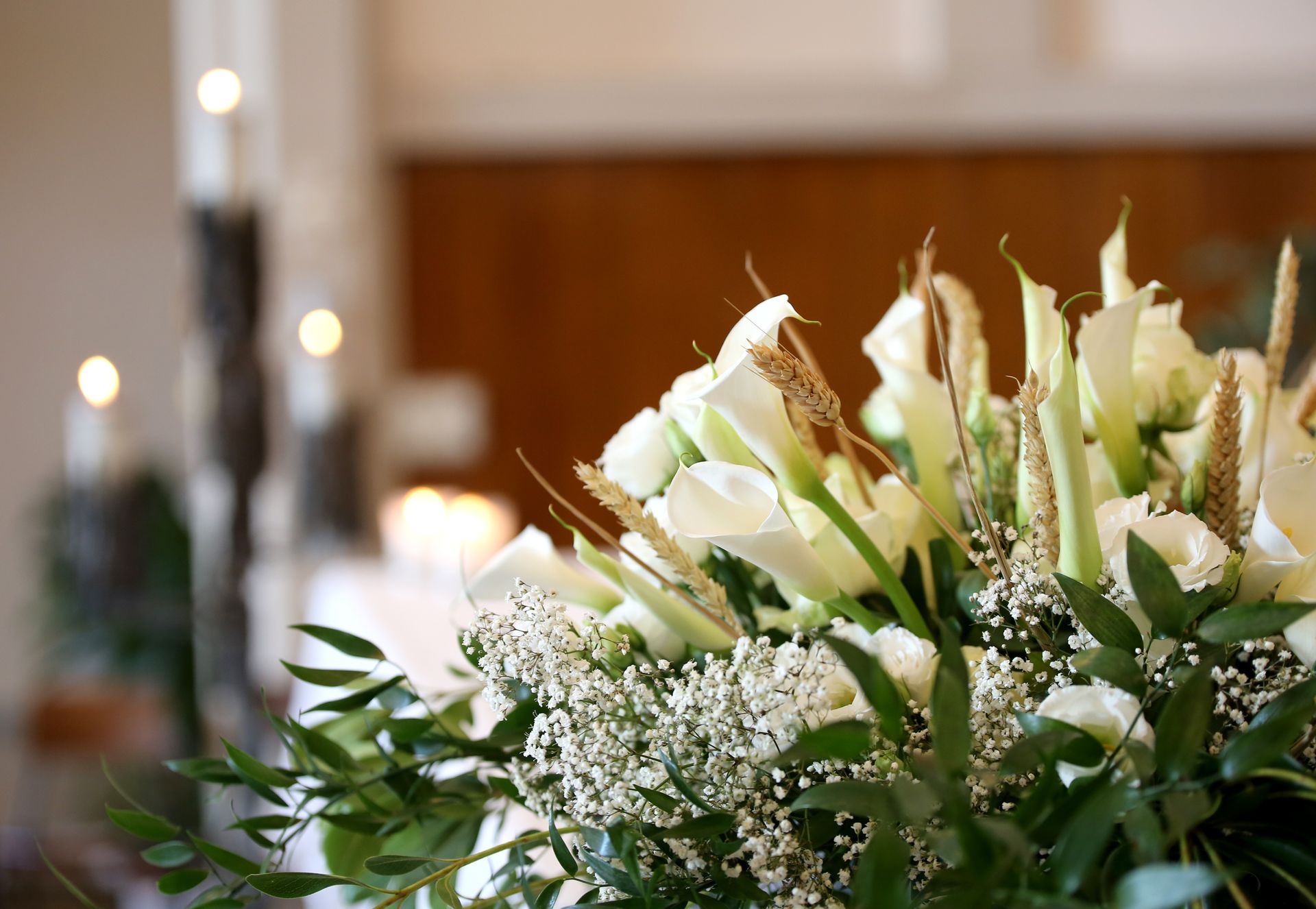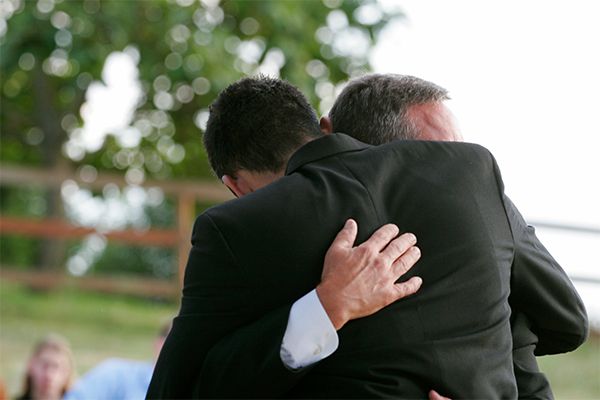Say ‘I do’ to planning a funeral
Nature's Symphony
It may seem counterintuitive, but planning a funeral has a lot of similarities to planning a wedding. Think about it — you wouldn’t have your wedding without planning ahead of time, right?
In both events, you’re commemorating a paramount life event, and having a plan in place frees your loved ones from the burden of trying to guess what you want. The National Funeral Directors Association recently found that more than 62 percent of people feel it’s important to inform their families of their funeral plans, but less than 22 percent actually follow through with a plan.
Need more convincing that planning your funeral is just as important as your wedding? Just remember:
1) Both commemorate key milestones.
A wedding celebrates a beginning, while, of course, a funeral acknowledges an ending and everything that happened in between.
2) They’re better when they’re more personal.
A great wedding includes details that tell the couple’s story. Similarly, a well-planned funeral is personal and connects those in attendance to one another and to the deceased.
3) Both can be expensive left unchecked .
If you plan ahead, you can avoid spending traps that can sneak up on you or your loved ones when making decisions at an emotional time.
4) There is a plethora of decisions.
Choices can be stressful, but they also mean you have plenty of flexibility. Your funeral can be whatever you want it to be — simple or elaborate, traditional or modern, the choice is yours.
5) Use the planning tools at your disposal.
Just like a wedding, today’s funerals can be easily planned with help from online planning resources. Check out our Preplanning Guide available on our website.
6) They are gathering places for the people you love.
Family and friends gather at both ceremonies to share memories and remembrances. Both can be emotional, but they also can be joyful, offering opportunities for your loved ones to support you.
7) Flowers, music and readings, oh my!
Both ceremonies traditionally contain music, readings, poems and/or scripture to honor the couple or individual. Regardless of faith or personal beliefs, there are numerous ways to incorporate rituals most meaningful to you.









